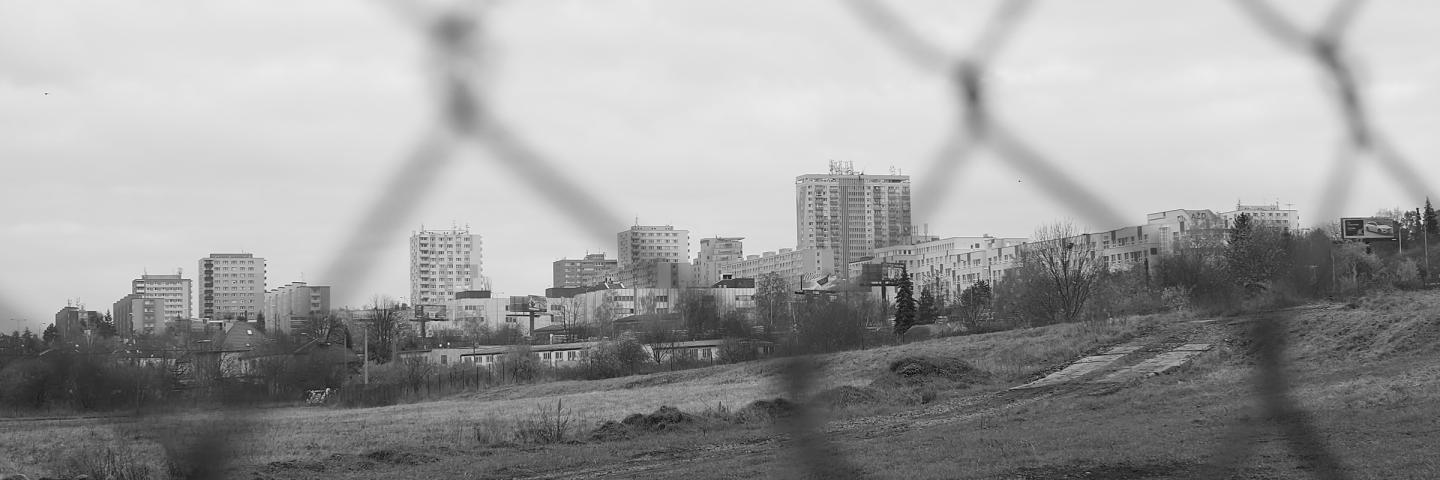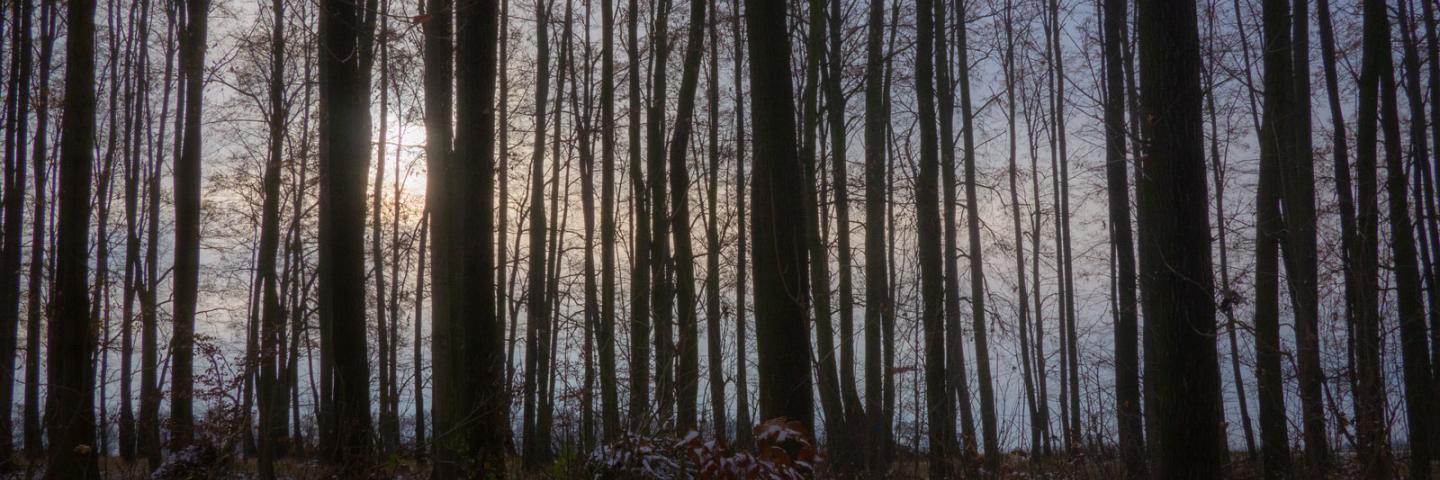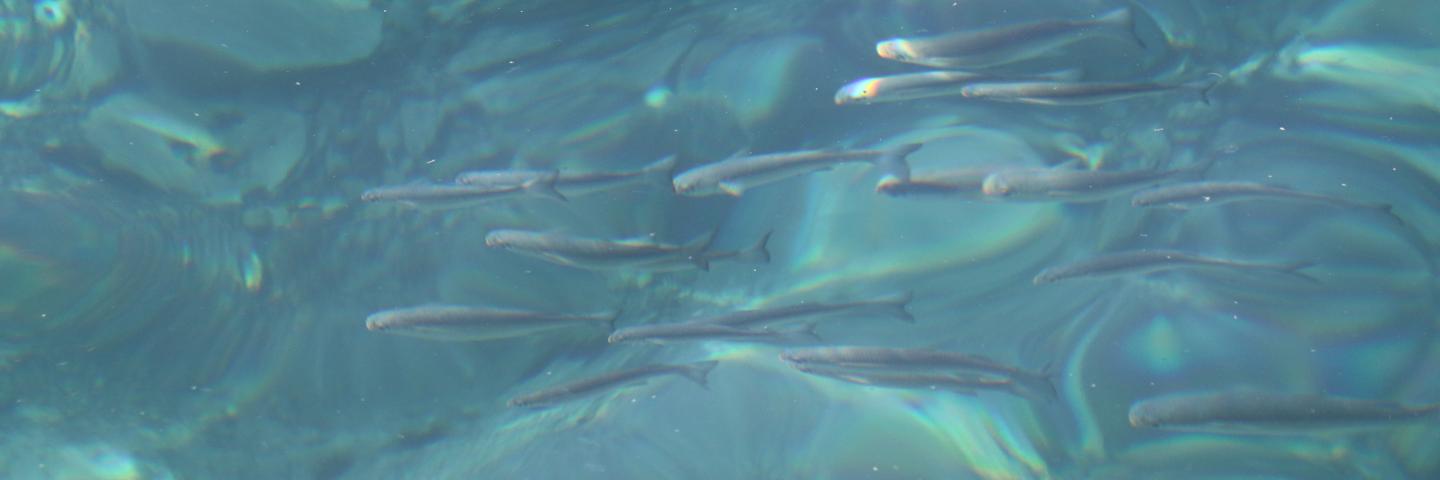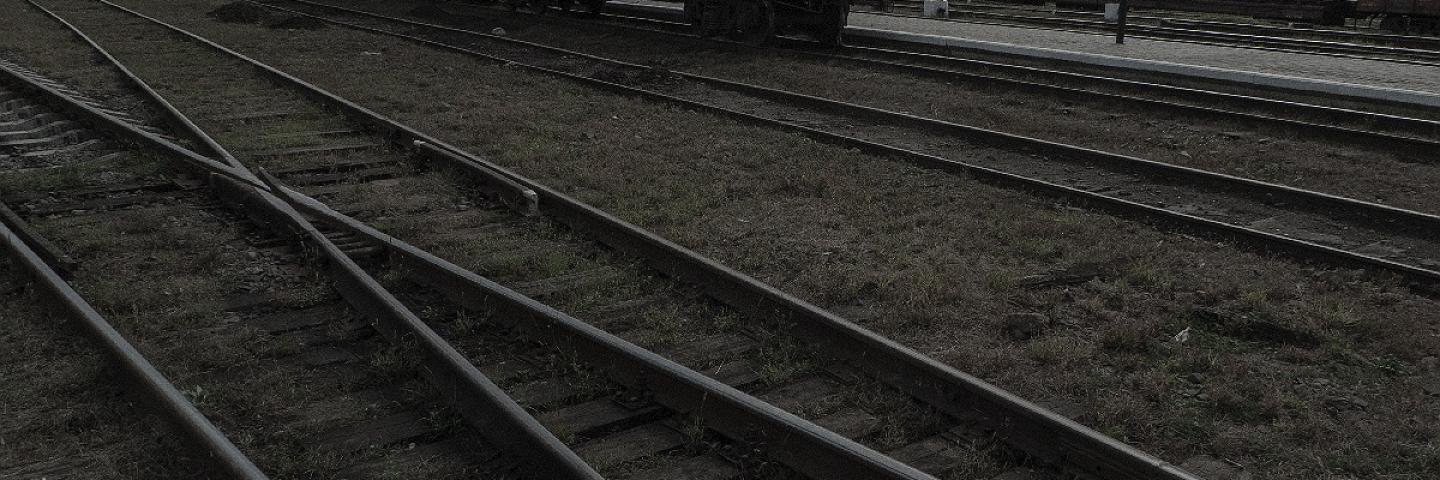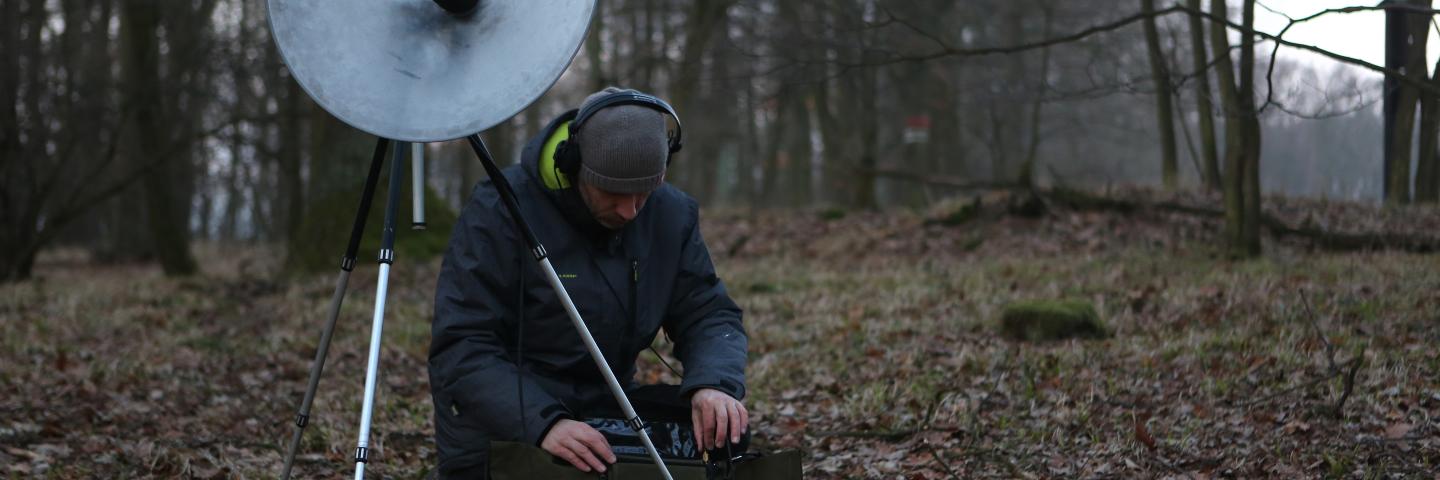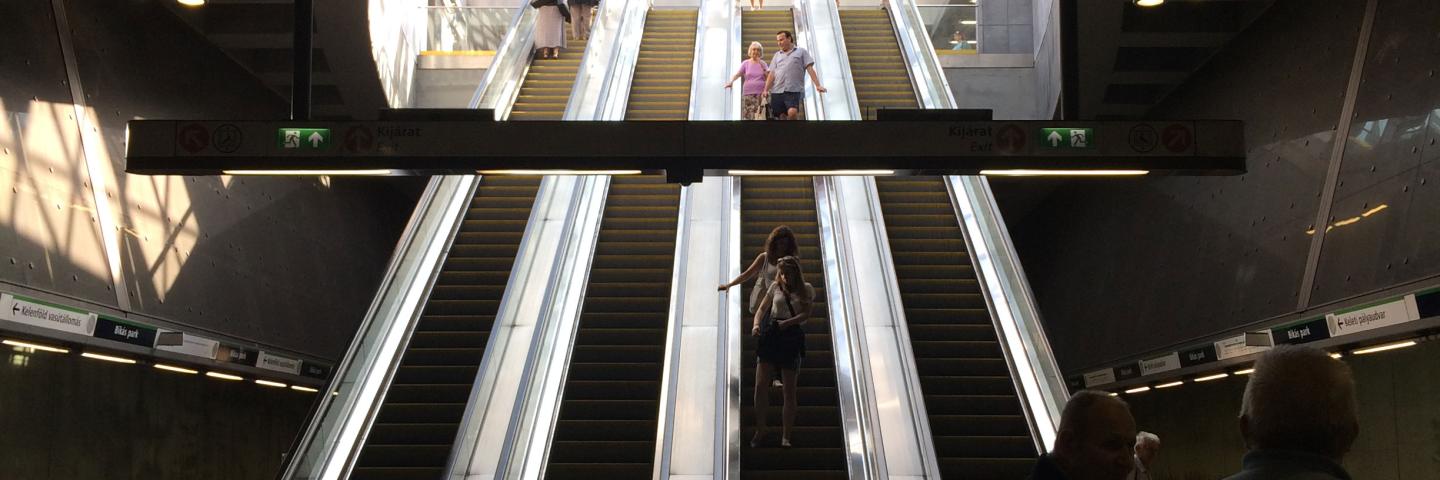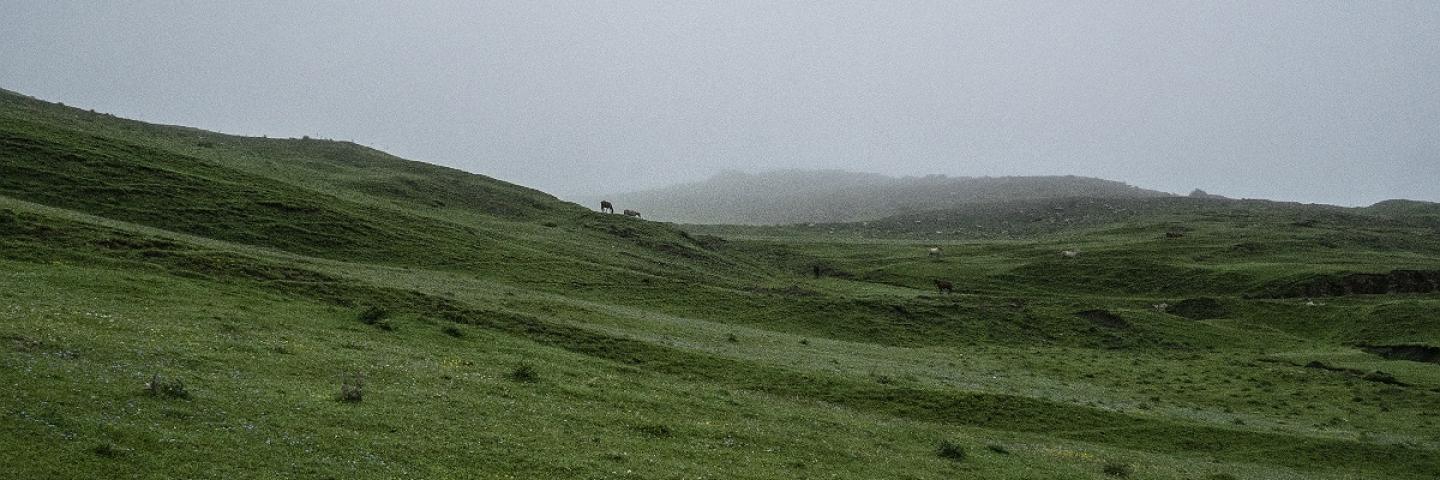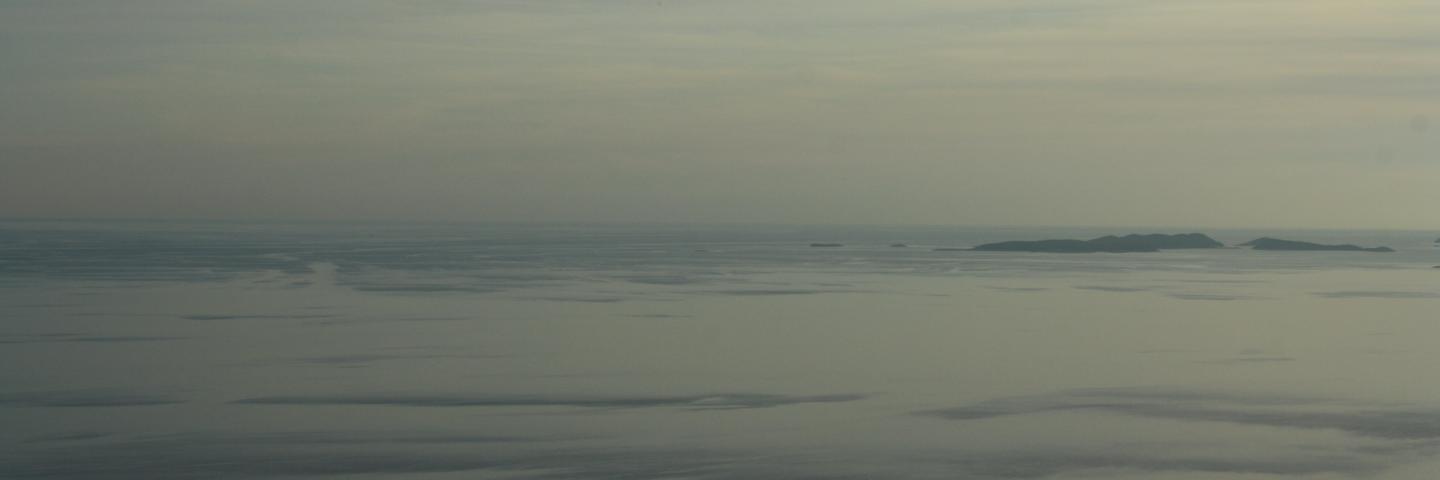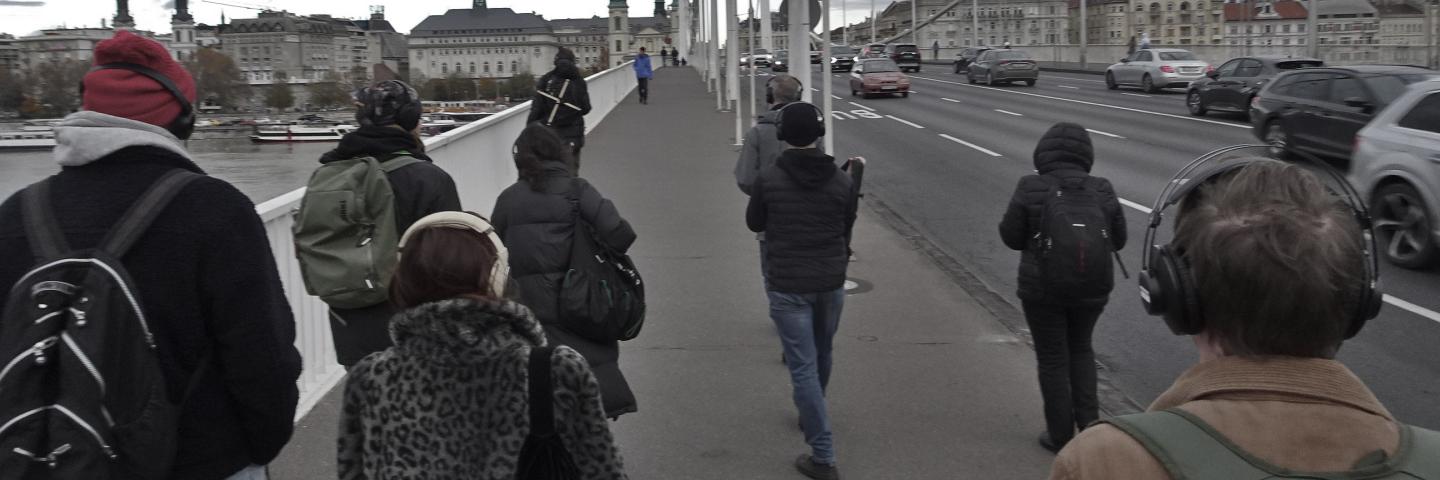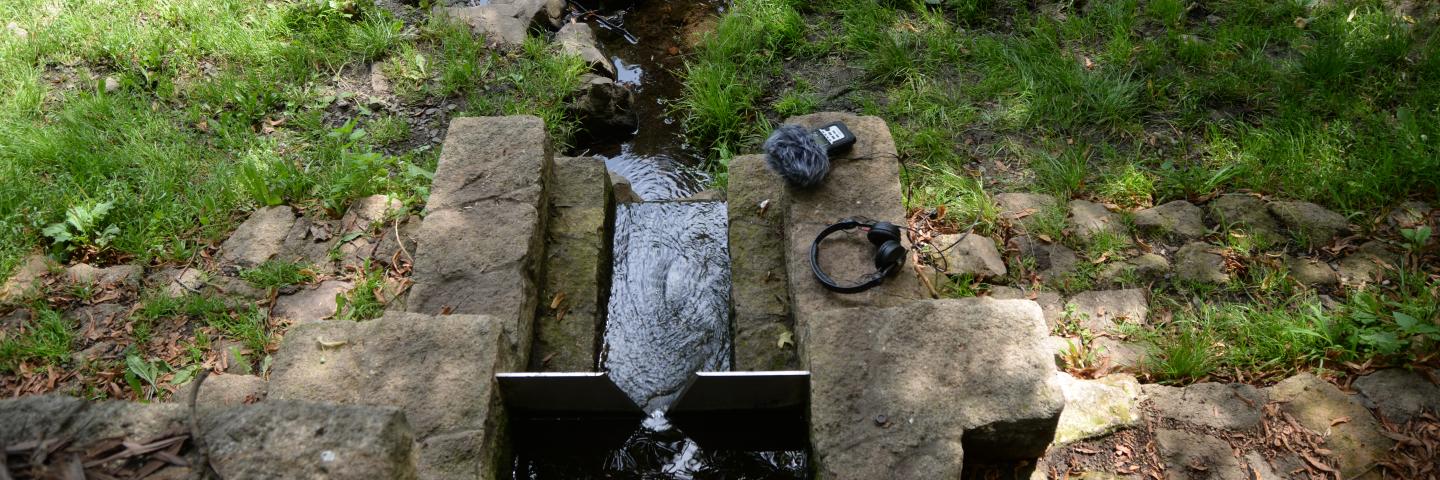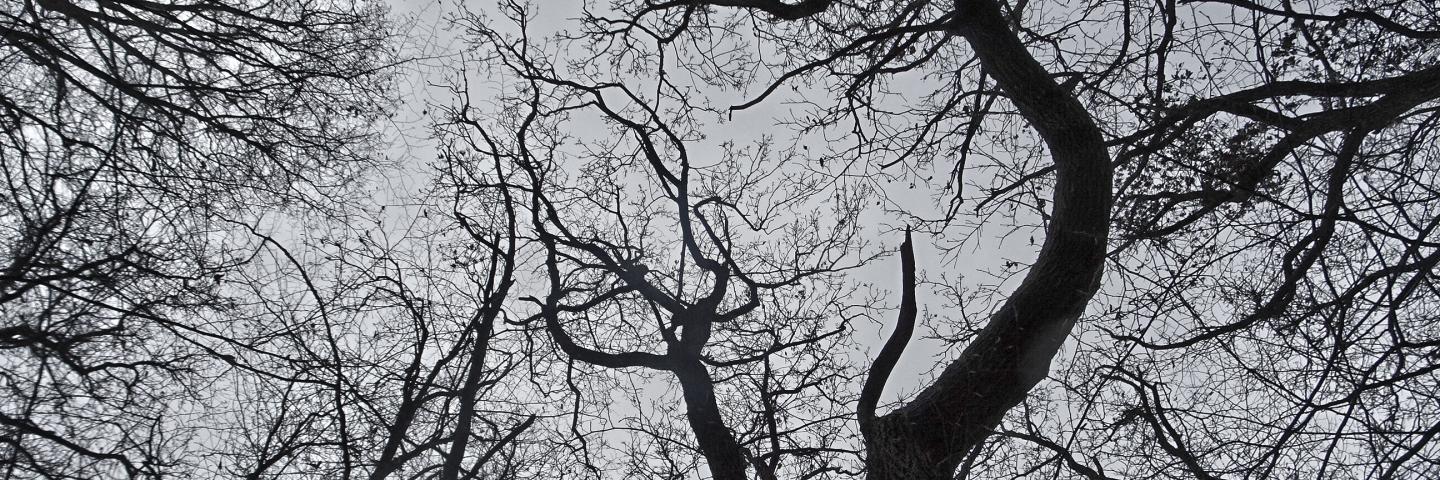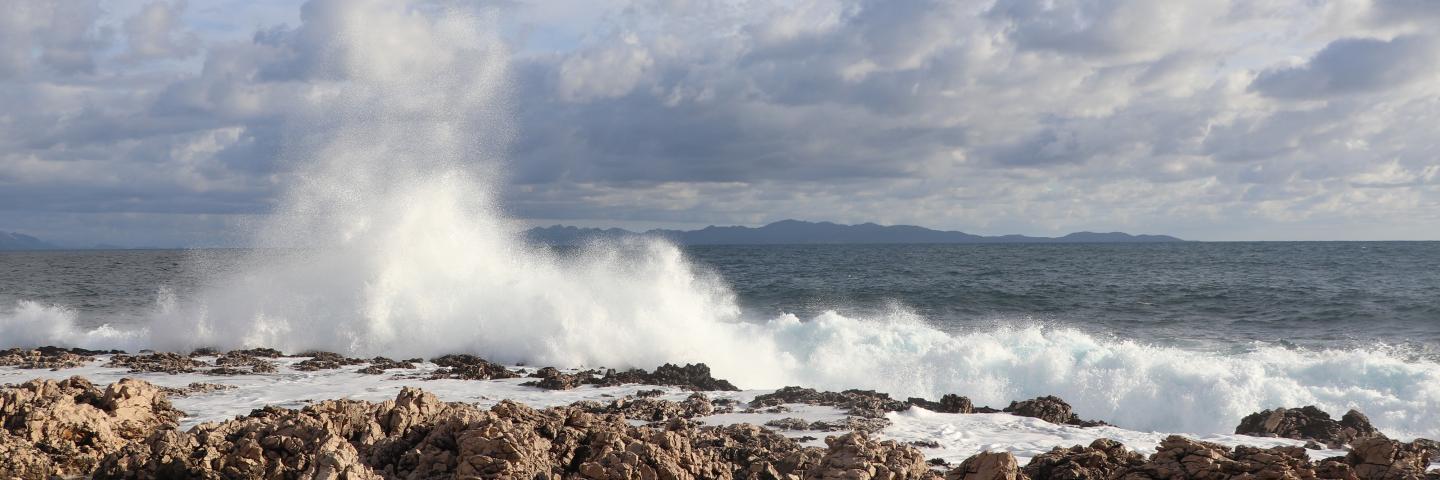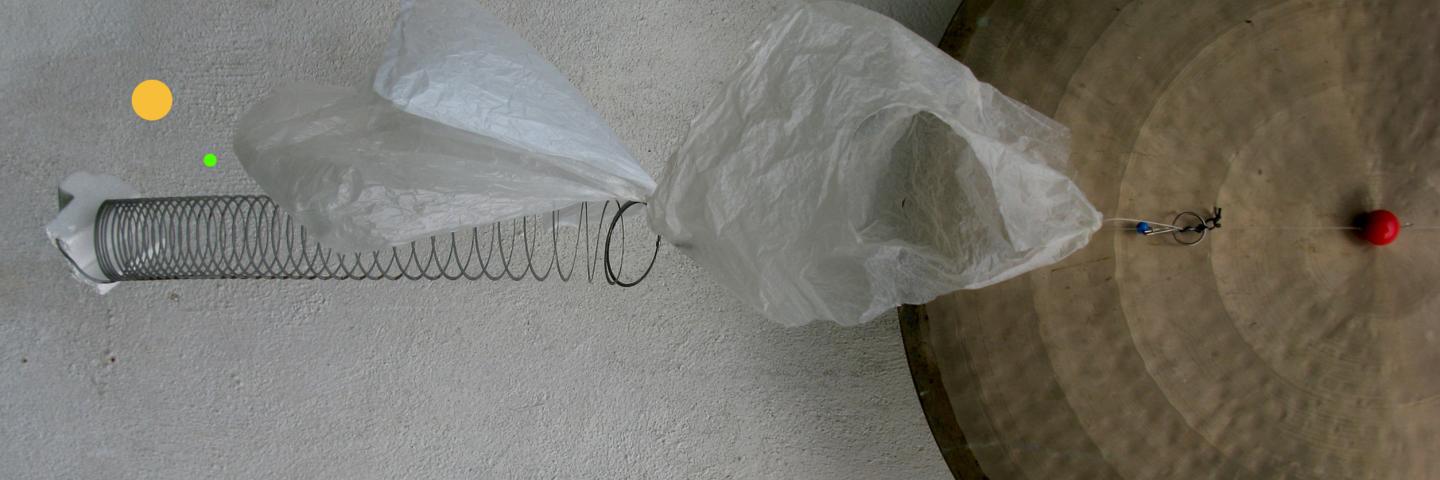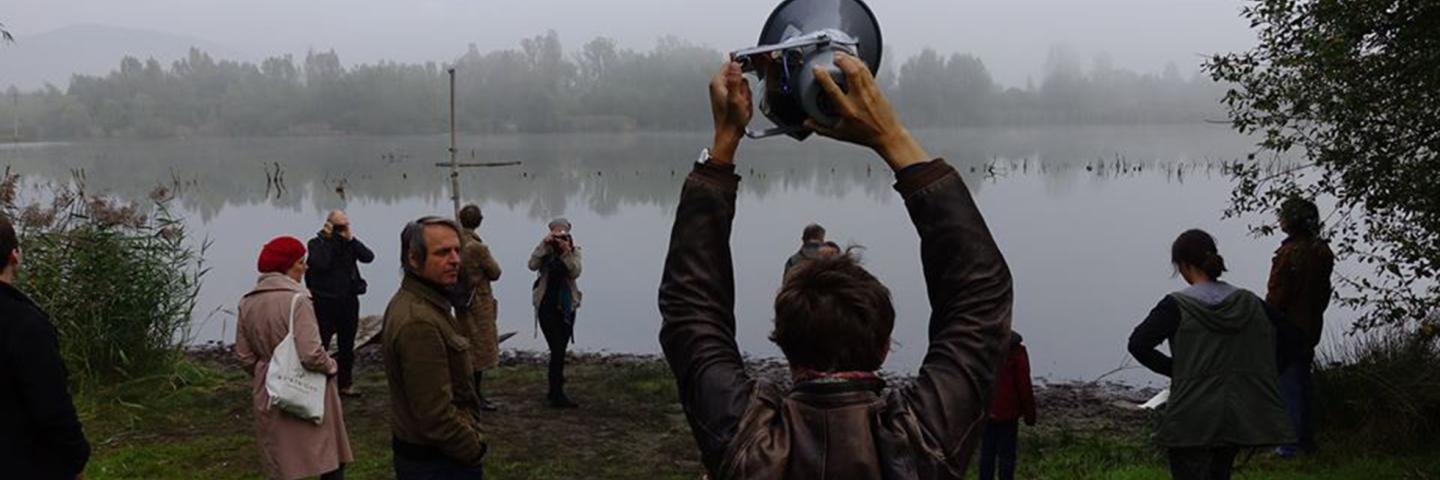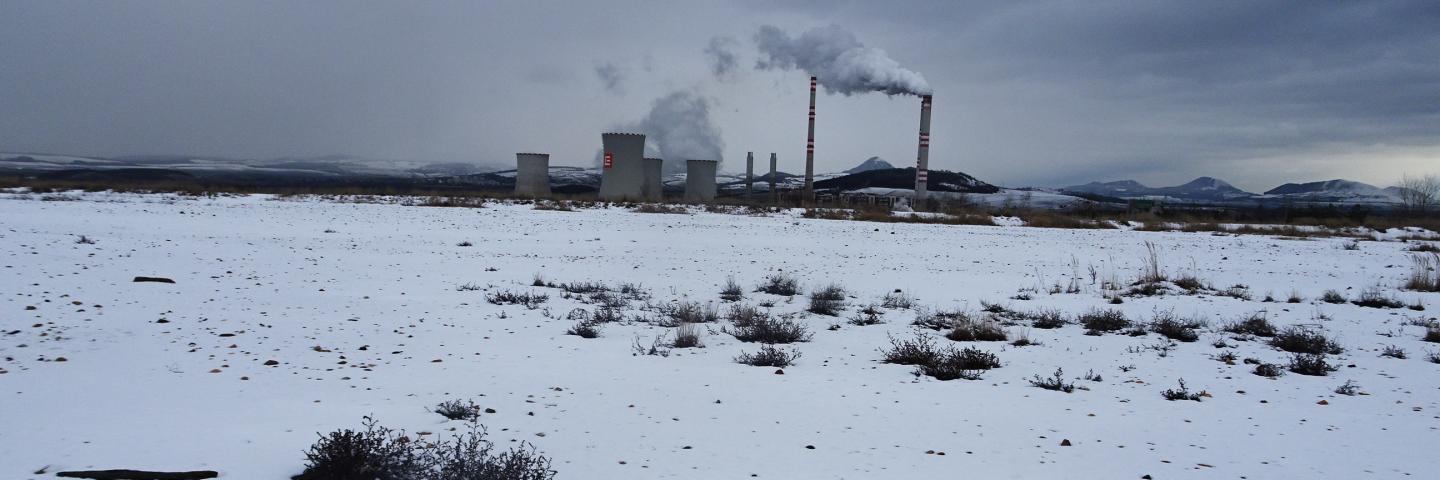QUESTIONNAIRE II.

In 2021 we asked the CENSE membership, in addition to others, five open-ended questions as a way of taking the pulse of our evolving community.
The result was edited and distributed as a PDF Almanac publication, which you can download from this site for free.
3 years later we would like to ask you to check the QUESTIONNAIRE II again.
What changed and what didnt?
Your answers will be included in the planned online PDF publication of The CENSE Almanac II - Rapyuta, it is scheduled to be released end of July, 2024.
It would be great if you can send your text utill end of May, 2024
As technology develops, sound has become an increasingly important way of measuring the health and biodiversity of ecosystems: our forests, soils and oceans all produce their own acoustic signatures. Scientists who use ecoacoustics to measure habitats and species say that quiet is falling across thousands of habitats, as the planet witnesses extraordinary losses in the density and variety of species. Disappearing or losing volume along with them are many familiar sounds: the morning calls of birds, rustle of mammals through undergrowth and summer hum of insects.
Today, tuning into some ecosystems reveals a “deathly silence”, said Prof Steve Simpson from the University of Bristol. “It is that race against time – we’ve only just discovered that they make such sounds, and yet we hear the sound disappearing.”
(Phoebe Weston in The Guardian)
Questionnaire II
1. What do you see as a positive development or achievement in environmental policy in general or within the community of Acoustic (or Sonic) Ecologies lately?
2. What do you consider as a common ground between the disciplines as composition, sonic ecologies, bioacoustics, environmental activism or art of listening in your field of expertise? Can you name any examples or initiatives you are currently involved in or would like to initiate?
3. Do you have opinion about the way how "de-contextualized" field recordings (or other captured sounds) are used in contemporary music scene (such as publishing recordings or doing live performances with field recordings as source material)?
4. Can you comment on the situation in your field of expertise concerning trans- or inter-disciplinary collaboration? What kind of and how much feedback is there between your acitivities, the broader community and the public?
5. What do you think could help to increase the involvement of broader public and / or policymakers to help promote positive changes in environmental consciousness and the policy of the country in which you currently live?
Thanks in advance for your answers. Feel free to answer any, all or as many questions as you want.
Here some contextual links:
world-faces-deathly-silence-of-nature-as-wildlife-disappears
or
...but why Field Recording? What drives us to seek out sounds from our surroundings?
(by Mat Eric Hart)
Please send your response to this email adress: zvukac at centrum.cz
yours
zvukac
